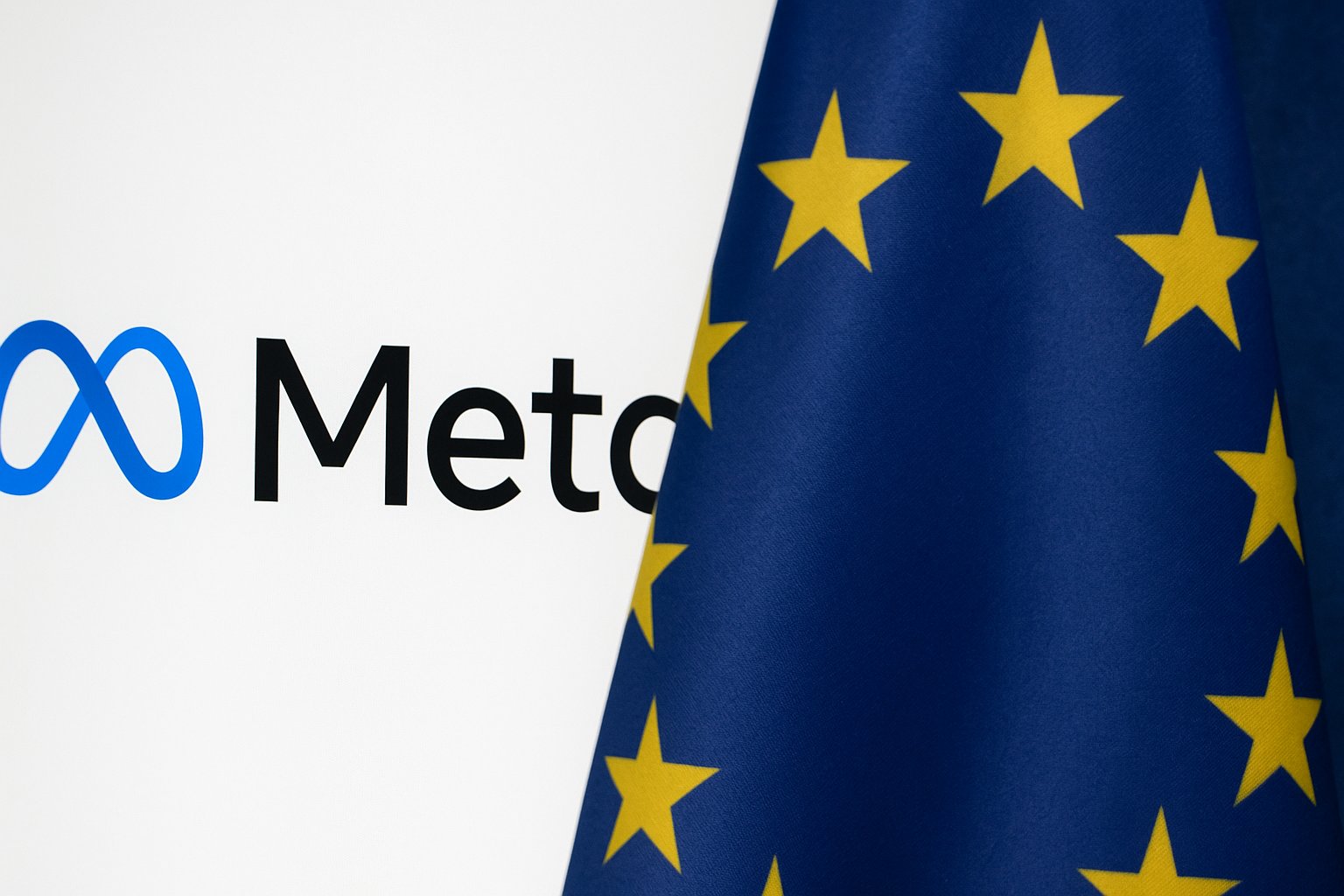Meta is facing renewed legal scrutiny over its plans to train artificial intelligence using data collected from its European users, with privacy advocacy group Noyb asserting that the company is violating EU regulations. Led by prominent privacy lawyer Max Schrems, Noyb argues that Meta’s approach not only disregards user consent but also misinterprets the ‘legitimate interest’ exception under the General Data Protection Regulation (GDPR).
Noyb submitted a cease and desist letter to Meta on Wednesday, emphasizing that the tech giant must switch to an explicit opt-in model for user consent if it intends to use personal data for AI training. Failure to do so could lead to legal action, including potential class-action lawsuits, similar to prior challenges against the company.
This latest dispute follows a history of clashes between Noyb and Meta regarding the company’s AI initiatives. In June 2024, the company paused its AI training in the EU after facing multiple complaints from Noyb, prompting intervention from the Irish Data Protection Commission. The European Data Protection Board (EDPB) previously indicated that there are pathways to utilize social media data for responsible AI training, yet Noyb contends that Meta’s renewed plans do not comply with the GDPR.
Noyb’s position hinges on the belief that Meta’s reliance on the ‘legitimate interest’ defense is fundamentally flawed. The organization states that Meta has already been prohibited from using similar arguments for user data collection aimed at advertising, illustrating its inconsistency in claiming a valid interest for AI training. Schrems pointed out that most AI providers operate successfully without access to social media data, debunking Meta’s insistence on the necessity of gathering all user data from the past two decades.
Meta has strongly countered Noyb’s assertions, claiming that its methodologies are compliant with existing regulations and reflect an adherence to EDPB guidelines. A spokesperson for the company criticized Noyb’s actions as obstructionist, arguing that such resistance to AI innovations ultimately hampers progress for consumers and businesses. The company anticipates similar claims being made by other AI firms regarding the legitimacy of their data processing.
In light of this predicament, Noyb is deliberating potential injunctions and may initiate a class-action lawsuit seeking damages that could exceed €200 billion ($224 billion). The advocacy group has made it clear that individual users might pursue legal ramifications against Meta, potentially complicating the company’s operational landscape in Europe.

